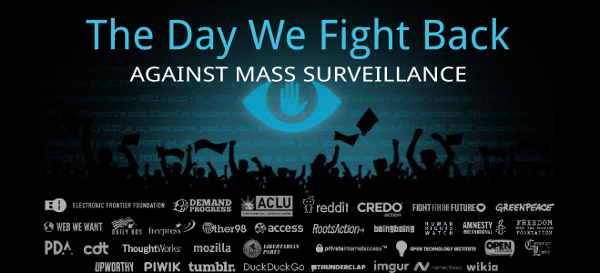Romania’s Ministry of Education endorses open source
 Just a few days after it was reported that scores of donated Linux laptops were languishing unused in Romania’s schools (posts passim), the country’s Ministry of Education is urging the schools to consider switching to free and open source operating systems and software, according to Joinup, the EU’s public sector open source news website. The Ministry confirmed this will help the schools to avoid legal problems from using unlicensed proprietary software.
Just a few days after it was reported that scores of donated Linux laptops were languishing unused in Romania’s schools (posts passim), the country’s Ministry of Education is urging the schools to consider switching to free and open source operating systems and software, according to Joinup, the EU’s public sector open source news website. The Ministry confirmed this will help the schools to avoid legal problems from using unlicensed proprietary software.
The new policy follows the expiry of an agreement between the Ministry and Microsoft. The Ministry is now urging schools to switch to open source alternatives, revert to earlier versions or buy new licences.
The Ministry itself is no stranger to free and open source, using Linux and the Nginx web server. Furthermore, it has also published a recommended list (PDF, Romanian) of free and open source software for use in schools, which includes Edubuntu, the educational remix of Ubuntu Linux, desktop applications based on the Gnome window manager and other free and open source favourites, such as the LibreOffice productivity suite, Gimp graphics package and Scribus desktop publishing software.


 It was announced a few days ago that future versions of the open source Firefox browser could show advertising in freshly opened browser tabs (
It was announced a few days ago that future versions of the open source Firefox browser could show advertising in freshly opened browser tabs (

 I’m declaring my love here online: I love free software.
I’m declaring my love here online: I love free software.

